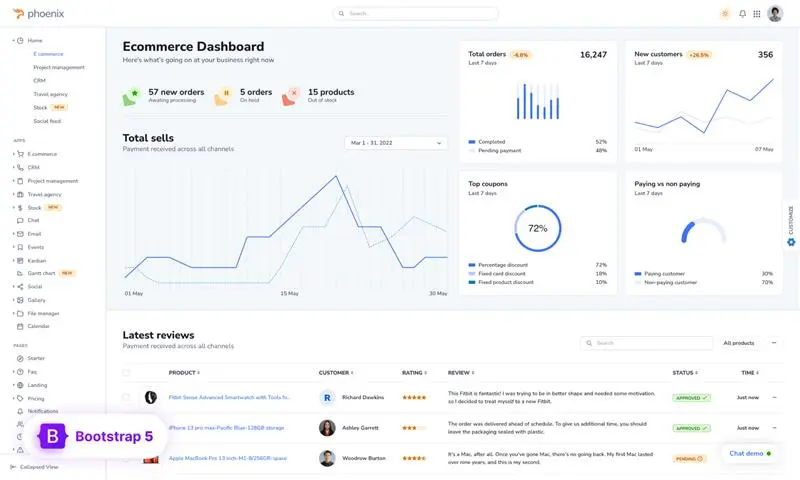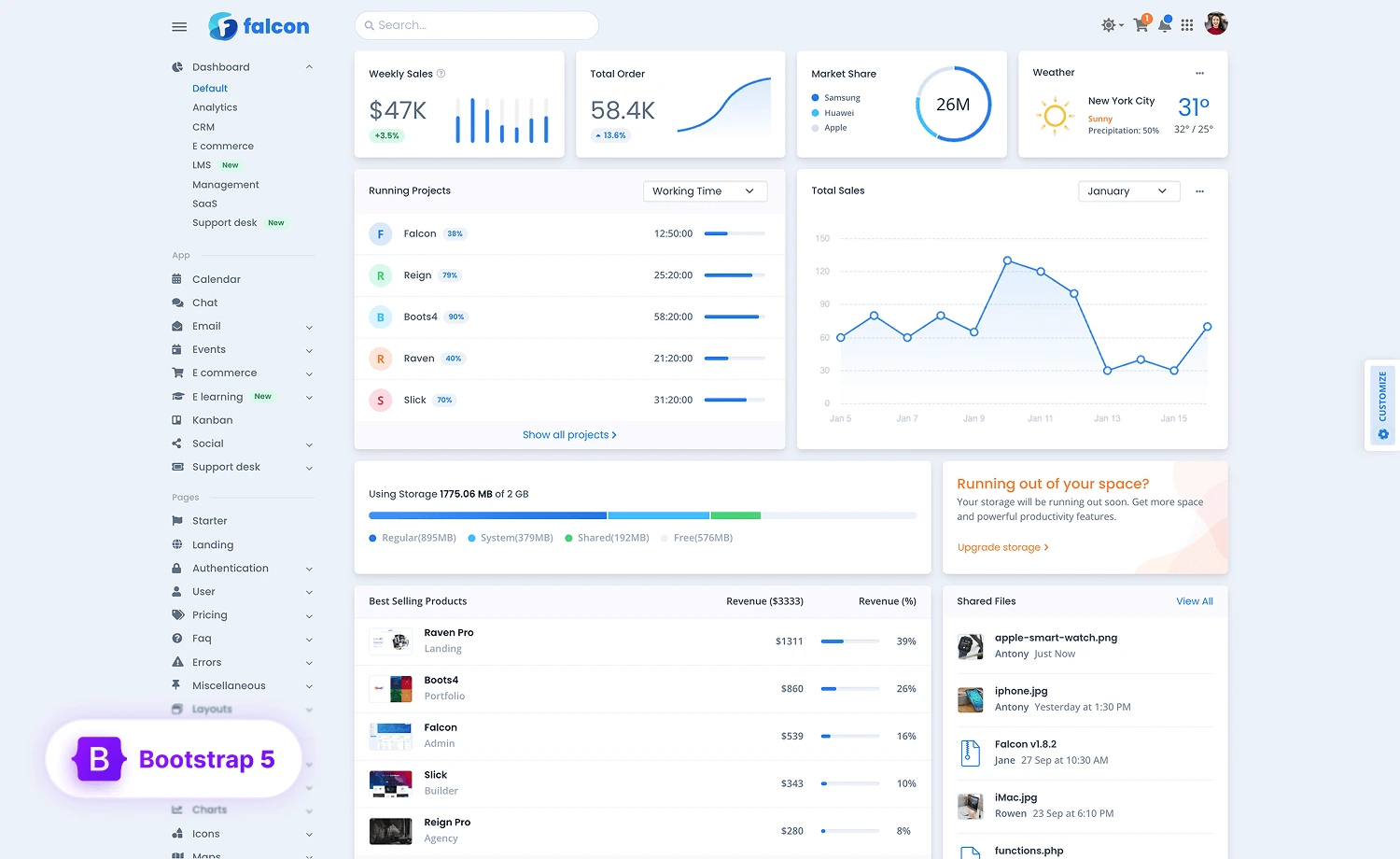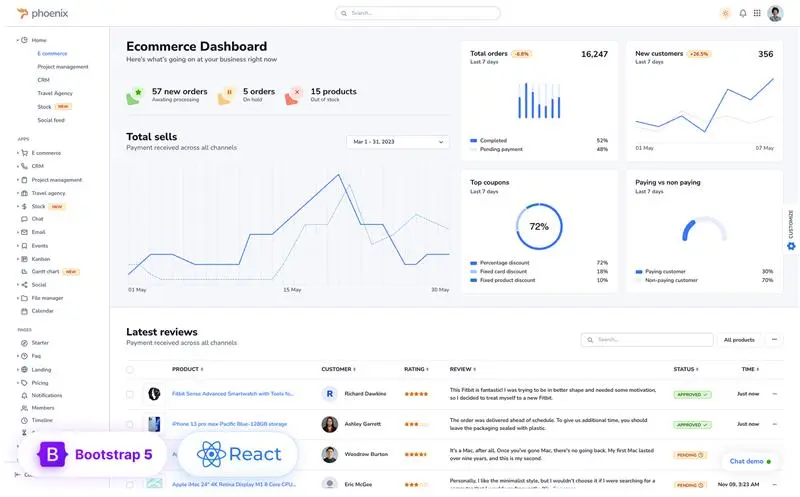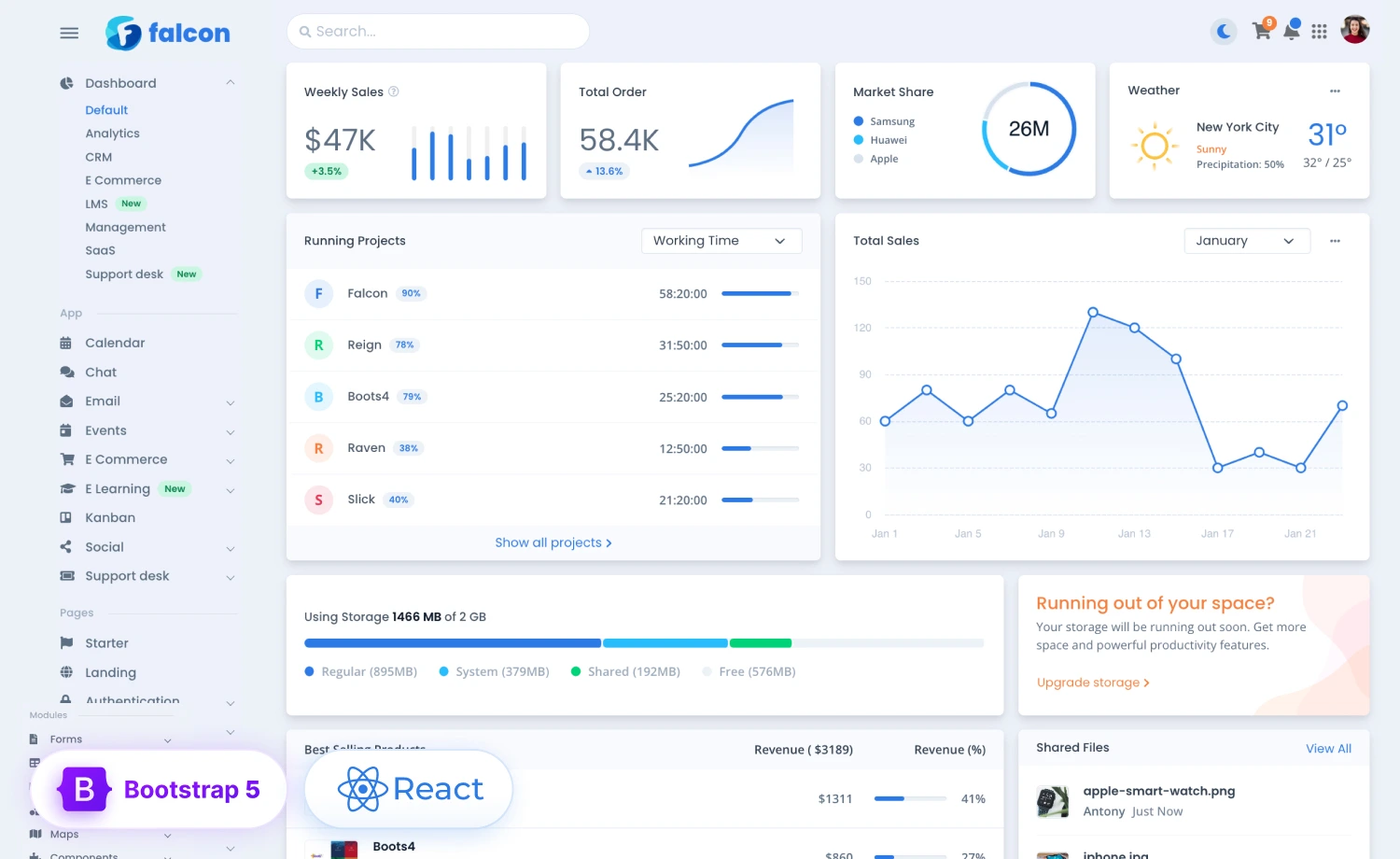Online transactional websites are a huge target for hackers and cybercriminals. Data privacy is a highly sensitive topic and needs to be handled with care, just like any other sensitive information. With the rise of cryptocurrencies such as Bitcoin and Ethereum, transaction-based websites need to implement proper methods of data encryption, authentication, and authorization. In this article, we will focus on data protection in crypto transactional websites using public key cryptography.
Data Privacy Issues
Data privacy issues are a major concern for many crypto transactional websites. Data collection and storage are two of the most common ways that companies collect your personal information and use it for marketing purposes. This can range from buying a product from Amazon to filling out an online survey or even just browsing the site.
Companies often have access to your IP address, which can be used to track where you are located; your browser type; what pages you visit on their website; when those pages were visited (including time stamps); what links were clicked; how long users spent on different parts of the site; etc., all without any notice being given by users who may not even realize this is happening!
Mitigation strategies include privacy-centric cryptocurrencies like Monero (XMR), which hides transaction amounts by default when transacting with other XMR holders through blockchain tech known as ring signatures (read more here). There’s also two-factor authentication (2FA), which requires another step before logging into accounts like Facebook or Gmail–your phone number will receive text messages containing codes just like when setting up additional security measures with banks’ online banking services–to ensure no one else has access without permission from both parties involved.”
Data Collection and Storage
Data collection and storage is a huge issue in the crypto world. Data is collected from users, but also from third parties. For example, if you use a cryptocurrency exchange like Coinbase or Binance to buy your first coins, they will ask for personal information such as your phone number and email address. However, when you are signing up for an exchange service it’s important to read their privacy policy carefully because they may be collecting more data than just what is needed for signup purposes (e.g., location).
Exchanges also have access to sensitive information about their customers’ transactions and balances which can be used by hackers looking for weak spots in security systems or blackmailed into giving up more private details about their customers’ profiles (like social media accounts). This puts both individuals and businesses at risk since all this information is stored centrally rather than locally on each user’s device which makes them vulnerable targets for malicious actors looking for ways into our networked lives!
Mitigation Strategies for Data Privacy
There are several mitigation strategies that can be employed to protect your data privacy. First, you should use privacy-centric cryptocurrencies like Monero and Zcash. Second, you should enable two-factor authentication (2FA) on all accounts that support it. Thirdly, if possible, use blockchain technology rather than storing sensitive information in centralized servers or databases: this will help ensure that your data remains secure while also maintaining user anonymity and control over how their personal information is used by companies like Google and Facebook.
Privacy-Centric Cryptocurrencies
There are some cryptocurrencies that are designed to be privacy-centric. These types of cryptocurrencies are based on blockchain technology, but they have added features that make it harder to trace transactions and keep them anonymous. Some examples include Monero and Zcash.
These privacy-centric cryptocurrencies may have benefits for your business because they can help you protect customer data from being shared without permission or sold without consent. If you’re looking into using these types of currencies, here’s what you should consider:
- Are there any laws in my country that restrict me from using this type of cryptocurrency?
- Is my preferred payment processor willing to accept these coins as payment options?
Additionally, if your business deals with cryptocurrencies, you might encounter the need for conversions or transfers between different crypto assets, such as BTC to WBTC exchange. These transactions are common in the crypto space and require using appropriate platforms or services. It’s essential to ensure that your preferred payment processor is compatible with these various crypto coins to facilitate seamless transactions and meet your customers’ preferences. Always be aware of the legal aspects and regulations surrounding the use of these privacy-centric cryptocurrencies in your country to avoid any legal complications.
Two-factor authentication (2FA)
Two-factor authentication (2FA) is a method for confirming a user’s claimed identity. It typically involves a combination of something the user knows, such as a password or PIN number; and something the user has, such as a physical token or mobile device.
The additional step can be used to prevent unauthorized access to accounts and transactions by providing an additional layer of security beyond simply entering usernames and passwords. Two-factor authentication is considered to be more secure than single-factor authentication because it requires proof of possession before granting access to an account or service.
Blockchain Technology and Data Privacy
Blockchain technology is a distributed database, decentralized system, and immutable ledger. It stores all transaction data in blocks that are linked together in chains. Each block contains information about the previous block and also has a timestamp on it. This means that if you modify any information in one block of a chain, it will change all other blocks in that chain as well because they are linked together.
Blockchains are transparent because everyone can see what transactions have been made on them at any given time (unless users choose to make them private). They’re also secure because no single person or group owns them instead they’re controlled by thousands of computers around the world working together through consensus algorithms such as Proof of Work (PoW) or Proof Of Stake (PoS).
When dealing with cryptocurrencies that utilize blockchain technology, you’ll often require the services of an online crypto exchange. These platforms allow users to buy, sell, or trade various cryptocurrencies securely and efficiently. Using blockchain technology, these exchanges facilitate the transparent and immutable record-keeping that underpins the world of digital currencies. This technology’s security is maintained through decentralized control, which means that the control and validation of transactions are distributed across a vast network of computers. It’s crucial to choose a reputable and secure online crypto exchange for your cryptocurrency transactions to ensure the safety and integrity of your digital assets.
Data privacy is a critical issue for cryptocurrency users, as well as owners of traditional businesses. As blockchain technology continues to evolve, we will see more solutions emerge that address this problem. For now, there are still some ways that you can protect yourself from malicious actors who wish to steal your personal information or hijack your online accounts.














